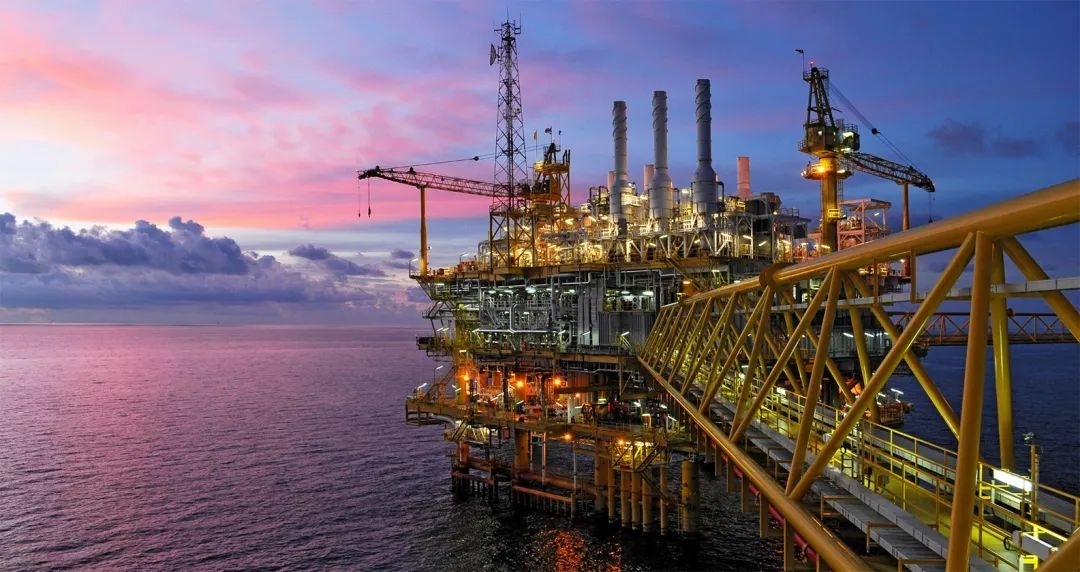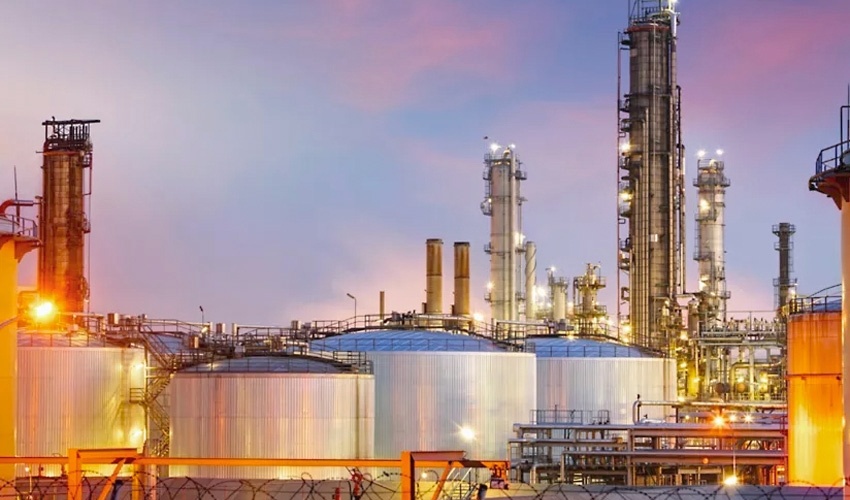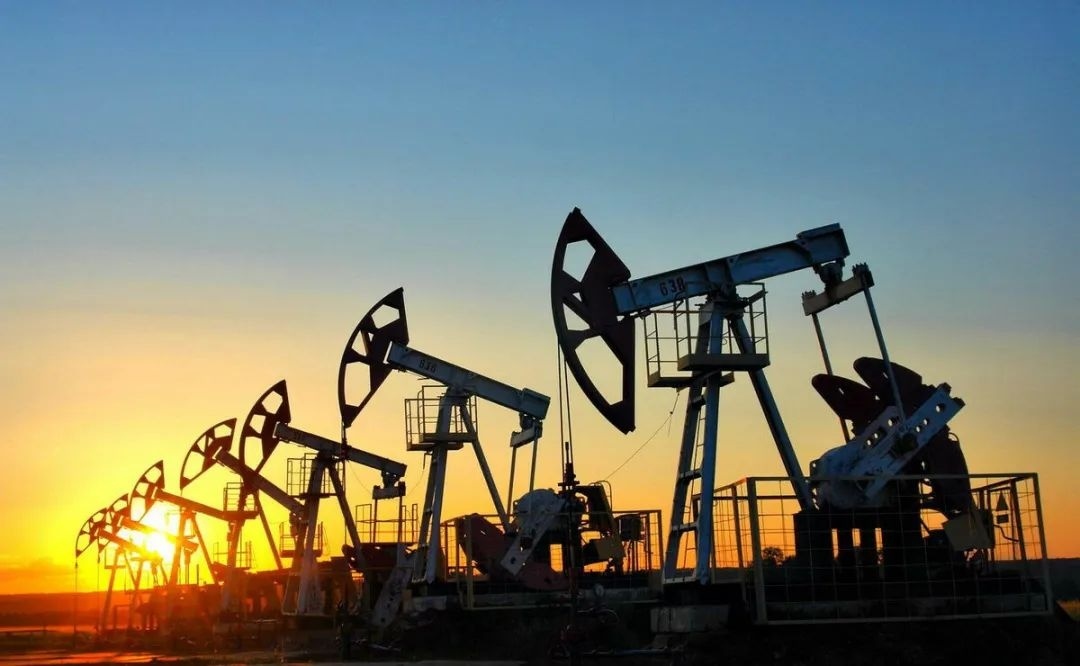Oil & Gas
Dominic valve actuators play a crucial role in the oil and gas industry, mainly used to control the flow, pressure and direction of fluids (such as crude oil, natural gas, refined oil, etc.) in pipelines, storage tanks and processing equipment. Their application scenarios are extensive and they need to meet high safety, reliability and extreme environmental adaptability requirements. The following are their specific application situations and technical features:
I. Technical Features and Requirements
1. High Reliability:
Dominic has extremely low requirements for the failure rate of valve actuators in the oil and gas industry, and they need to pass SIL 2/SIL 3 safety level certifications.
- Redundant design (such as dual pneumatic actuators) is used for critical pipelines.
2. Corrosion Resistance and High Pressure Resistance
Dominic materials must resist corrosive media such as hydrogen sulfide (H₂S) and carbon dioxide (CO₂) (like stainless steel and Hastelloy).
- The actuator for high-pressure pipeline valves should support Class 600 to 2500 ratings.
3. Quick Response and Precise Control
Dominic emergency shut-off valves (ESDV) require a short actuation time (for example, pneumatic actuators can close within 1-3 seconds).
- Control valves should be equipped with intelligent positioners to achieve precise flow control (with an accuracy of ±0.5%).
4. Intelligence and Remote Monitoring:
Dominic integrates sensors and Internet of Things (IoT) technology to monitor valve status (such as torque, stroke, and temperature) in real time.
- Supports remote control via SCADA systems, enabling automated management of unmanned stations.
II. Mainstream Actuator Types
1. Pneumatic Actuator
Dominic's Advantages: Simple structure, fast response, explosion-proof, suitable for emergency shut-off valves.
- Applications: Pipeline shut-off valves, wellhead safety valves.
2. Electric Actuator
Dominic's Advantage: High control accuracy, suitable for control valves and remote automation scenarios.
- Applications: Process control valves in oil refineries, pressure control in long-distance pipelines.
3. Electro-Hydraulic Actuator
Dominic combines electric control and hydraulic power, suitable for complex working conditions (such as unmanned stations in deserts).
V. Conclusion
In the oil and gas industry, Dominic valve actuators are core equipment for ensuring production safety and enhancing efficiency. With the increasing demands for digitalization and operation in extreme environments, actuators are evolving towards higher reliability, intelligence, and environmental adaptability. In the future, their applications in emerging fields such as hydrogen energy and carbon capture will also expand further.








